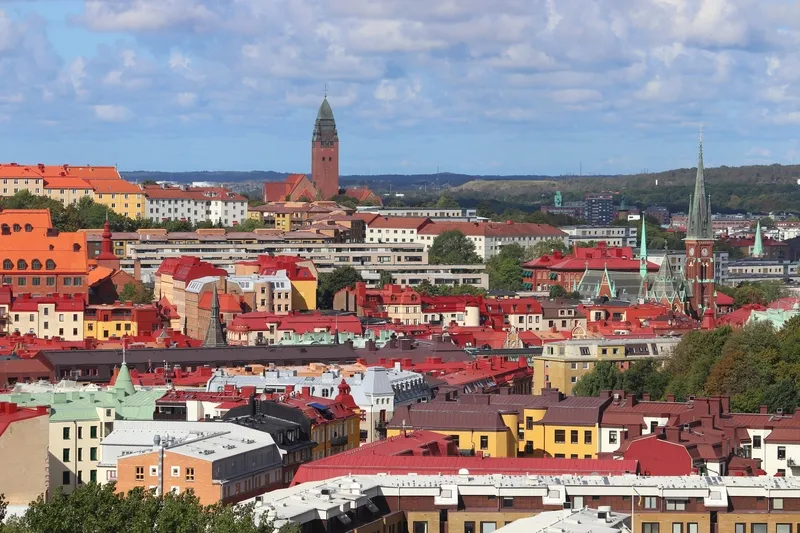The deal has an order value of AUS $274 million (£146m) until 2024, and is part of an initiative to replace buses reaching the end of their useful life.
Volvo says it will deliver an average of 90 buses per year for up to 10 years, with the five-year deal plus an option for a further five years.
Initially, the contract will see the delivery of Volvo Euro 6 B8RLE buses, which come with USB charging points and wheelchair access.
The first Volvo B8RLE Euro 6 bus is expected to be delivered in August, followed by a full production in October, with 66 buses to be delivered to PTA in the first 12 months.
Volvo to deploy 900 buses to Perth, Australia
Volvo Buses is to deploy 900 of its vehicles over the next decade to Perth’s metropolitan region on behalf of the Public Transport Authority of Western Australia (PTA).
The deal has an order value of AUS $274 million (£146m) until 2024, and is part of an initiative to replace buses reaching the end of their useful life.
Volvo says it will deliver an average of 90 buses per year for up to 10 years, with the five-year deal plus an option for a further five years.
Initially, the contract will see the deli
March 19, 2019
Read time: 2 mins










